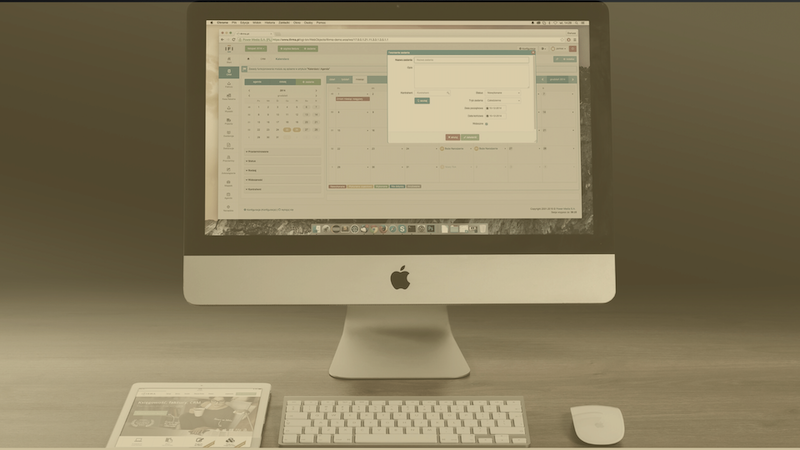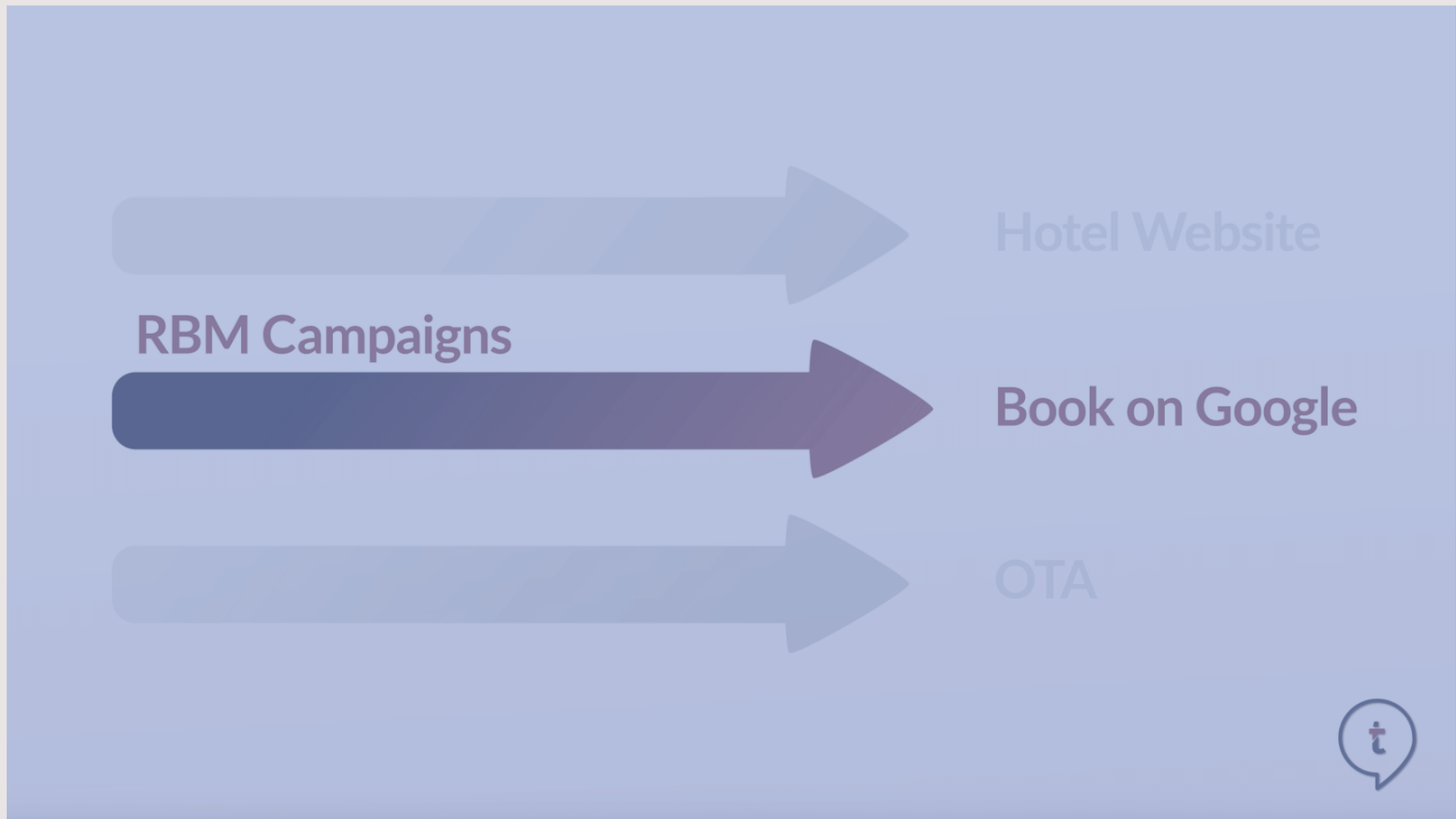Demand Forecasting Basics
Demand forecasting is the process of estimating what traveler demand will be over a specific period of time. As a hotel, you will need to consider historical guest data, current pace/demand, and general market conditions in order to make the best predictions.
Methods
There are two core methods every hotel can use to start the demand forecasting process:
Qualitative Method
This method involves gathering relevant insights to inform your predictions. You can do this by conducting your own market research, reading articles by hotel and travel business experts, reviewing recent trend reports and sentiment analysis, and collecting feedback from industry partners and vendors.
Quantitative Method
This method relies on historical and forward-looking data directly relevant to your hotel. Historical data sources for your hotels might include Google Analytics, your Property Management System (PMS), your OTA performance dashboards, etc. Forward-looking data sources could include hotel and market search demand and on-the-books reporting from revenue management solutions.
Analyzing this data will help you create effective forecasts to make the right pricing and inventory management decisions.
Both demand forecasting methods are very much within reach of a small independent hotel asset. Every hotel has the flexibility to mix and match the best of both methods based on their location and the technology they currently have access to.

What to monitor
For a small independent hotel, the demand forecast can be narrowed down to three areas:
- Operations
- Revenue
- Budget
Let's briefly review them.
Operational Forecasting
This type of forecasting involves using information from your qualitative and quantitative sources to help your operations department plan for future needs, including housekeeping, front desk, and general maintenance staffing.
If you offer F&B, then you will also need to create F&B forecasts based on how many of your guests typically use those services at your hotel. (Similar forecasts can be made for all of your departments). Operational forecasting will also help you prioritize and order the right quantities of both perishable and non-perishable items. Cost control and waste reduction have become a priority for everyone, with inflation-related news making headlines daily.
Revenue Forecasting
You can forecast your demand pattern using quantitative data. Creating (and regularly updating) a revenue forecast will help you price correctly and ensure that you are staying competitive and dynamic with your rate strategy. Qualitative feedback from the market helps you confirm those peaks and valleys in your location so that you can implement demand generation techniques to drive revenue during lean periods.
Budget Forecasting
After your operational and revenue forecasts are in place, the next crucial element is cash flow. Future expenses need to be predicted; then, you need to outline how to make funds available that will allow you to meet future needs and stay solvent.
These core areas of demand forecasting will help you plan and execute the best strategy for pricing and revenue and the other key operational departments in your hotel.

Adjusting for the Pandemic
One change that the hotels will notice using the above methods is that there are now huge pandemic-related swings in performance data.
Changes in demand patterns are often unrelated to seasonality and sometimes happen quite suddenly. While your hotel cannot dictate local
and global travel rules, you can stand out in your market by offering flexibility to your guests e.g. better/flexible cancellation policies that ease
your guests into booking a room with you.
Travelers' priorities have changed. They have new motivations, are ready to explore new places, and may book differently. Yes, there is uncertainty, but there is also an opportunity to use these new data patterns to make better forecasting decisions. While long-term travel patterns are harder to determine, short-term changes can be detected immediately and compared with other periods during the pandemic. Independent hotels can be more flexible, which is a big advantage. They generally have fewer preset rules, meaning they can pivot much more quickly than larger branded assets. Brands almost always need time to adjust and disseminate their strategies. Smart, quick decisions made in the field are guaranteed to have positive results, as long as action is taken in a timely manner.
Here are two simple tools you can use to monitor demand:
1. Demand Calendar
A simple document that you update with everything local and keep track of events and compression dates in your location.
2. Rate Sheet
Picking 2-3 hotels in your competitive set and then monitoring their rates on a simple spreadsheet. This should help you catch any sudden changes in the market demand that you might have missed.
Optimizing Operations and Marketing
Demand forecasting reduces risk and uncertainty for you and your hotel. It also helps you refine your operations and marketing strategies. Reviewing historical data can help you see patterns and get insights into the sources, time periods, and locations of your demand. Once you understand where your guests are coming from, it becomes much easier to focus your marketing, operations, and pricing strategy towards them. This creates a huge efficiency for your small business and helps you reach your revenue goals.
Marketing Efficiency
Once you know your sources, you can directly market to them in a way that optimizes your return on campaign spend. Your content and advertising can better connect with the target audience once you stop trying to be all things to all people. Like labor costs, marketing is also getting more expensive. Customized content and ads help you reduce your marketing costs. Targeting future need dates with packages helps you build a base for your hotel, so you don’t have to resort to last-minute discount campaigns to drive occupancy.
Operational Efficiency
Today's cost of labor is one of the top discussion items in business news. By understanding demand patterns, you can implement the right operational and staffing strategies to meet your demand. Having enough people to work during busy periods ensures that guest expectations are met, and you are not running the hotel in a panic. Over the last year, many guest complaints have been centered around not having enough people to help them at the property. Informed staffing decisions are a big factor in delivering great experiences and guest satisfaction. In turn, happy guests create reviews, which build trust and confidence with travel shoppers and directly impact your revenue in the very near future.
In Summary
Monitoring demand and focusing on your guests is key to profitability for your business. Luckily, there are simple ways for you to start and then fine-tune your methods over time. The most important thing for a small hotel is to get into the habit of recording simple data. This data over time will help you derive insights that will make your hotel profitable.
About the Authors
Vikram Singh, Digital Marketing & Revenue Optimization Specialist

Vikram is a global thought leader in hospitality and travel, known for speaking his mind on topics that affect hotel operators worldwide. His extensive experience and deep understanding of hotel operations, technology, online marketing, and revenue management have allowed him to optimize revenue for a wide portfolio of hotel clients for over 20 years.
During his career, Vikram has delivered portfolio-wide audits, asset turnaround strategies, and other high-level consulting services to real estate investment funds and property management groups across the globe. His strategies have helped power some of the biggest and most successful hotel equity turnaround deals in the last decade. Vikram is also a big supporter of small businesses and is passionate about giving small hoteliers access to world-class strategies to help them thrive.
Vikram authors the popular hospitality and travel marketing strategy blog at “Words of Vikram.com.” He has been quoted in publications such as the New York Times and Travel Weekly.
Vikram is a frequently requested speaker at industry conferences. Former hosts include the US Department of Commerce, American Express Travel, American Hotel & Lodging Association, Arabian Travel Market, and Airbnb. He is a perennial favorite of audience members and clients everywhere because he communicates clearly, loves to answer questions, and emphasizes action-oriented strategies.
Connect with Vikram on Linkedin
Chris Baniewicz, Sr. Manager, Revenue Performance Solutions at Expedia Group

-
Chris Baniewicz is a Sr. Manager for the Revenue Performance Solutions team at Expedia Group. This team is driven by the mission to power revenue performance insights for everyone, everywhere. By leveraging Expedia Group data, technology, global reach, and machine learning capabilities, they aim to level the playing field for all lodging & vacation rental partners. They are focused on accelerating commercial outcomes for Expedia Group’s supply partners using immersive & intuitive products, APIs, and innovative data & technology partnerships. Chris is passionate about helping lodging partners be successful by adopting revenue performance technology and practices.
Before joining Expedia Group, Chris was a Director of Revenue with Accor Hotels. Chris completed his bachelor’s degree in Hotel, Restaurant, and Institutional Management from The Pennsylvania State University. In addition, he holds a Certificate in Hotel Revenue Management from The School of Hotel Administration, Cornell University.
Connect with Chris Baniewicz on Linkedin.
About Expedia Group
Expedia Group, Inc. companies power travel for everyone, everywhere, through our global platform. Driven by the core belief that travel is a force for good, we help people experience the world in new ways and build lasting connections. We provide industry-leading technology solutions to fuel partner growth and success while facilitating memorable experiences for travelers. The Expedia Group family of brands includes Expedia®, Hotels.com®, Expedia® Partner Solutions, Vrbo®, trivago®, Orbitz®, Travelocity®, Hotwire®, Wotif®, ebookers®, CheapTickets®, Expedia Group™ Media Solutions, Expedia Local Expert®, CarRentals.com™, and Expedia Cruises™.
Expedia Group is a Founding Member at techtalk.travel
Also make sure to find these supporting content elements of the editorial Demand Monitoring for Effective Forecasting
- INFOGRAPHIC l Demand Monitoring Map
- PODCAST l Demand Monitoring Approaches and Methods with Monica Xuereb (Loews Hotels), Vikram Singh, and Chris Baniewicz (Expedia Group)
- VIDEO l Demand Monitoring for Effective Forecasting with Monica Xuereb (Loews Hotels), and Chris Baniewicz (Expedia Group)
Also, find the first Editorial discussing Revenue Performance Principles for Independent Hotels




 Free download
Free download

![V03: The History of Hotel & Travel Technology | [Updated] Infographic](https://www.techtalk.travel/storage/app/uploads/public/63f/e6f/ec8/63fe6fec80447817849943.jpg)



Create an account to access the content.
Get access to Articles, Video's, Podcasts, Think Tanks, Infographics and more.
Click “Sign In” to accept our
Terms of Service Privacy Policy